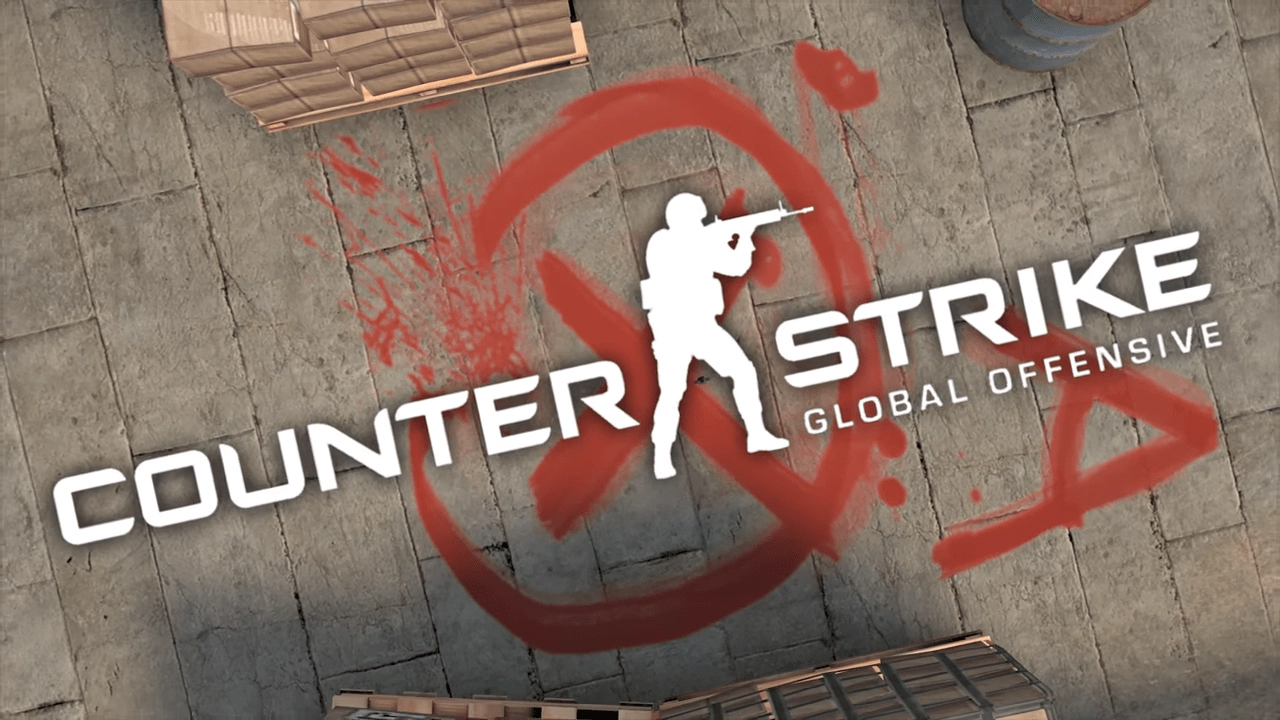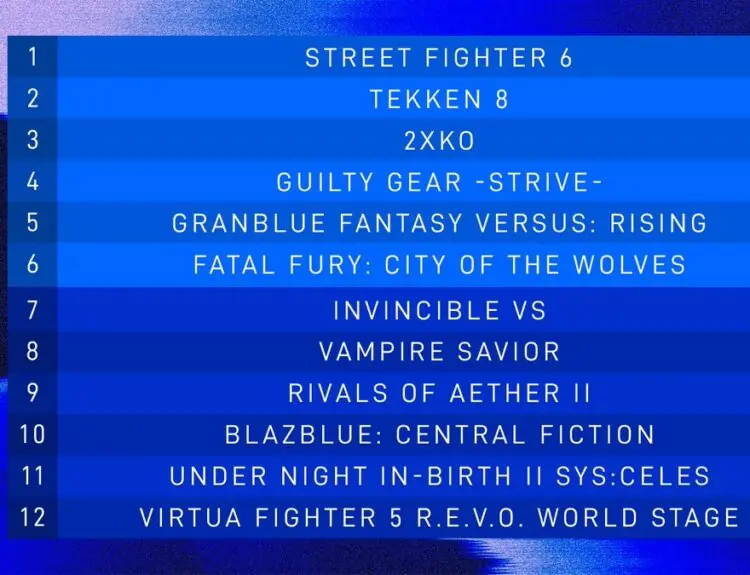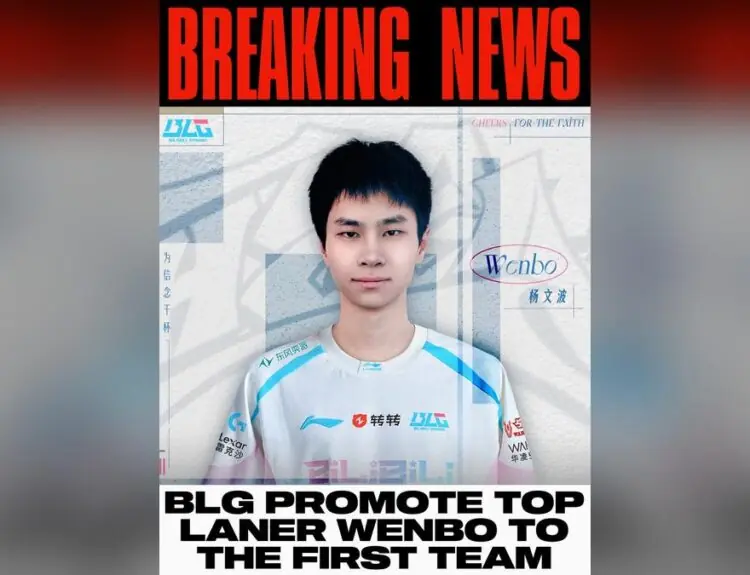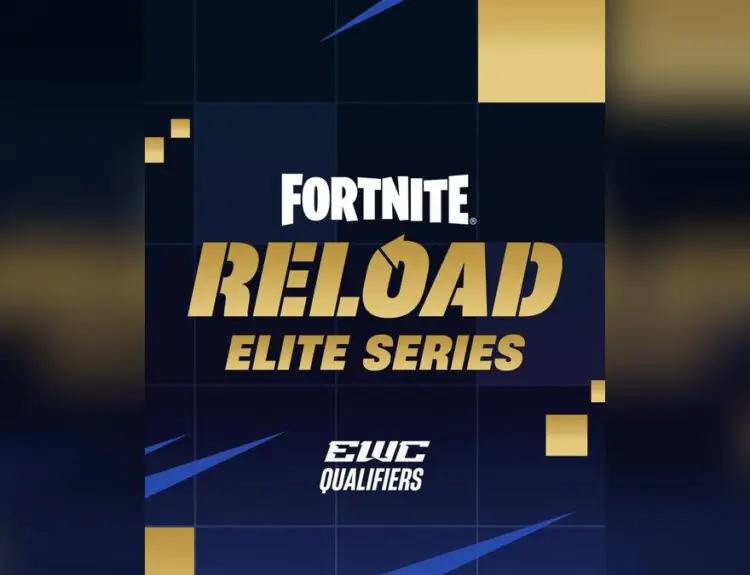Esports are very much like traditional sports, as much as that sentence makes boomers squirm in their seats as they partake in a few stretches before reaching in attempts to somehow demerit one while praising the other.
Organizations make their own transfers and practices while an overarching organization determines the rules that everyone must adhere to to ensure safety and fairness across the board.
Some leagues, such as the Overwatch League, are entirely self-governed: Blizzard makes the game, the rules, the laws for teams to adhere to, codes of conduct for the players, and the entire actual league itself consisting of tournaments and standard matches.
Others, such as Counter-Strike, is more so in a state of anarchy; Valve has made the game and continue to patch it, but they only hold one tournament a year, bestowed upon whichever individual tournament organizer manages to put together a good enough show. This leads to a bit of a mess, and it’s more visible now than it ever has been.
Some tournament organizers have scheduled a mind-blowing number of matches, blocking out massive parts of the calendar for teams while, some allege, punishing teams that participate with other tournament organizers while their tournament is ongoing. For the TOs, numbers matter: the more viewers they can attract during the day, the stronger they are when it comes to bargaining with sponsors and other teams.
This leads to a bit of a ‘dog eat dog’ scenario: tournament organizers (TOs) are rewarded for attempting to lock out other TOs by signing multiple high-tier teams and levying whatever means of weight that they have to ensure that their tournament reigns supreme. It also, as ESIC has allowed us to get a closer look at, means that some teams can easily eschew restrictions and bans levied by officials regarding cheating and usage of exploits.
Yesterday, Flashpoint offered a bit of light on Twitter regarding what the official rulebook is for players and organizations within Flashpoint 2, with a twelve-page simple-to-digest rulebook that, thankfully, includes adherence to any bans and punishments levied by the Esports Integrity Coalition.
We don't have many rules here at Flashpoint, but we do have a few.
Check out the Flashpoint 2 rulebook by following the link below.
— Flashpoint (@Flashpoint) December 1, 2020
Aside from the adherence to ESIC rulings (unfortunate that this is considered a victory), you have pretty much precisely what you’d expect: no match-fixing, no cheating, no betting, and everything is being monitored.
If you get a perverse pleasure from being the guy in the room that can readily quote which rule is possibly being broken, however, you’ll likely want to hit the link and digest some quick rulings that govern Flashpoint 2.







